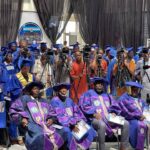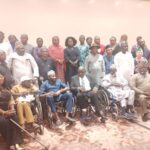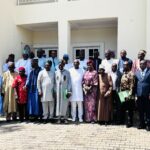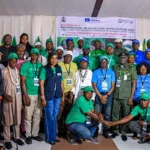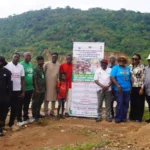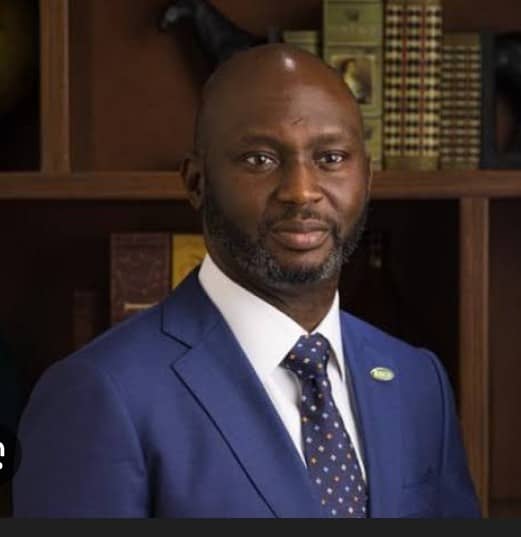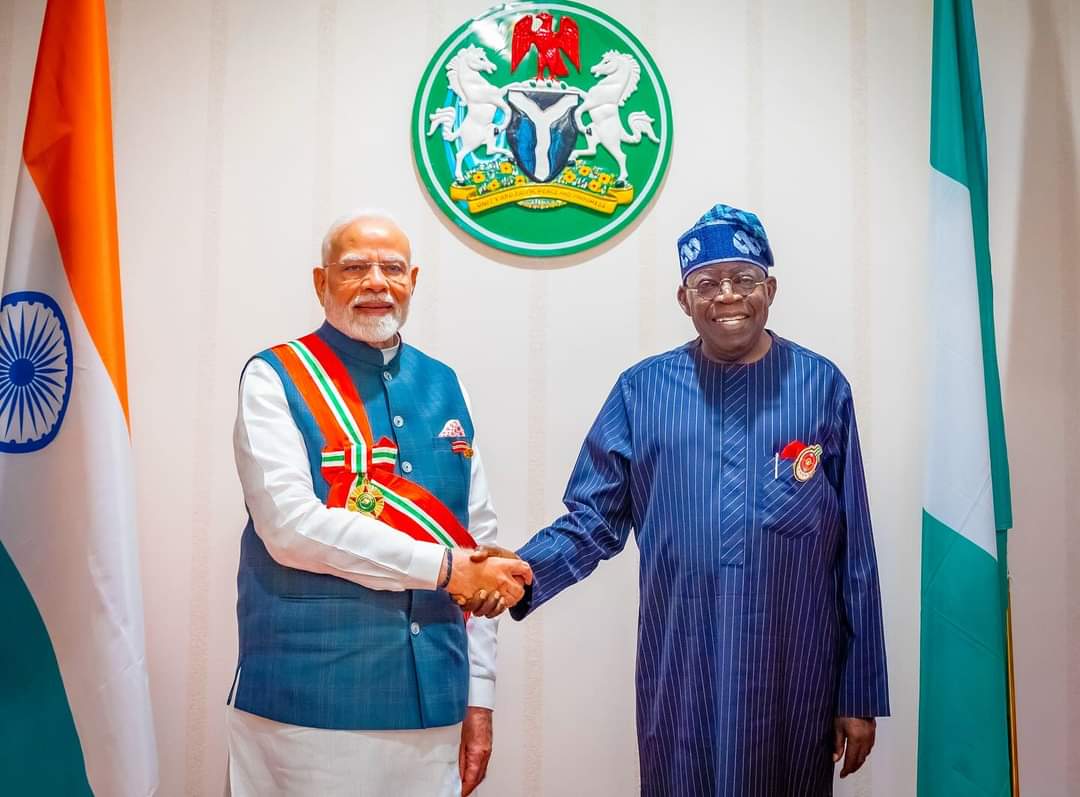Artisans key to inclusive economic growth, says BOI
By Lucy Ogalue The Bank of Industry (BOI) has described Nigerian artisans and technicians as the backbone of inclusive economic growth and key to the country’s future industrial development. The Managing Director of BOI, Dr Olasupo Olusi, said at the Nigerian Artisans Leadership Summit 2025, on Wednesday in Abuja. OlusiContinue Reading



